(Correspondent: Guo Yumeng) From July 25 to 30, our university successfully held the First Summer School of Field Experiment Methods to promote academic exchanges between universities, and to broaden the international vision of teachers and students based on the national key discipline platform. It was also for implementing the spirit of "cultivating morality and people, and providing talent support for national rejuvenation", an important instruction for higher education brought up by General Secretary Xi Jinping. Professor Zhang Kezhong, Dean of the School of Finance and Taxation of Zhongnan University of Economics and Law, and Professor Song Lina, Professor Thorsten Chmura, Assistant Professor Tom Lane and Assistant Professor Zhang Jing of Nottingham University Business School shared an academic feast with more than 70 students from well-known universities and research institutions at home and abroad, such as Peking University, Tsinghua University, Renmin University of China and George Mason University.
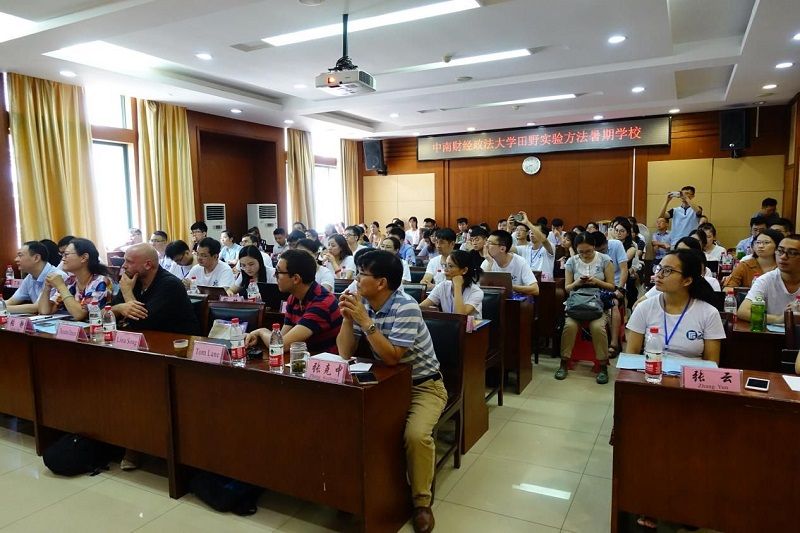
- Provide strong support to strengthen international cooperation
At 9:00 a.m. on July 25, the First Summer School of Field Experiment Methods kicked off in Conference Room 403, North of the Wenquan Building. The opening ceremony was presided over by Zhou Wei, Secretary of the Party Committee of the School of Finance and Taxation.
First of all, Secretary Zhou Wei introduced the guest speakers and delegates. Then, Professor Zhang Kezhong, Dean of the School of Finance and Taxation, delivered a welcoming speech. Dean Zhang expressed his sincere welcome to the participants, strong support for the activity and heartfelt wishes for our international cooperation. Later, Song Lina, professor of Nottingham University Business School and Director of the Center for Contemporary China Studies, delivered a speech. She gave the students three valuable suggestions: Guarantee the authenticity and reliability of data; Adhere to the problem-oriented; Have independent thinking. In the end, Professor Thorsten Chmura and Professor Tom Lane introduced themselves and mobilized the course respectively.
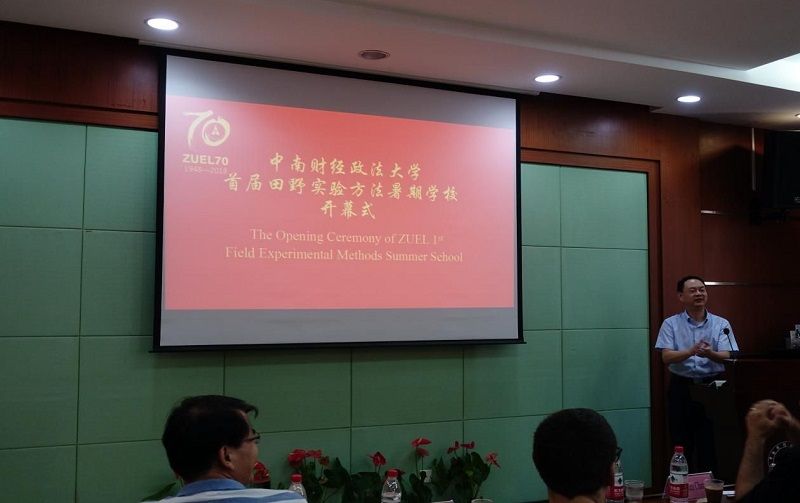
- Conduct active teacher-student interaction and enliven classroom atmosphere
From July 25 to 28, the three professors gave lectures from different angles.
Firstly, Professor Thorsten Chmura from Nottingham University Business School, Director of Behavioral Science Research Center, brought a series of wonderful academic reports. He introduced in detail the classic cases of game theory such as prisoner's dilemma, public goods game, trust game, etc. Based on these, he introduced the idea of field experiments and analyzed their importance. Enthusiastic in class, the students actively participated in the discussion and gained a lot.
Secondly, Professor Song Lina, Director of the Center for Contemporary China Studies at Nottingham University Business School, shared her long-term experience as a consultant in many international organizations such as the World Bank, the United Nations Development Programme, the Asian Development Bank and the World Labor Organization. Combined with her current research work in field experiments in Africa, she taught the students the rules of experimental design and the operation methods of field experiments. Teachers and students interacted frequently and got along well.
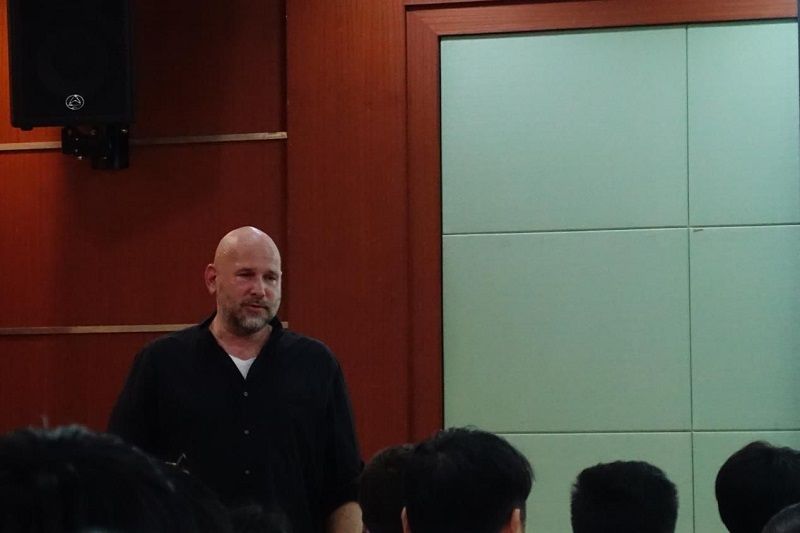
Secondly, Professor Song Lina, Director of the Center for Contemporary China Studies at Nottingham University Business School, shared her long-term experience as a consultant in many international organizations such as the World Bank, the United Nations Development Programme, the Asian Development Bank and the World Labor Organization. Combined with her current research work in field experiments in Africa, she taught the students the rules of experimental design and the operation methods of field experiments. Teachers and students interacted frequently and got along well.

At last, Assistant Professor Tom Lane of Nottingham University (Ningbo) Business School taught the students the research idea of behavioral economics and the methodology of field experiments. His teaching content was at the forefront, and the students gained a lot.
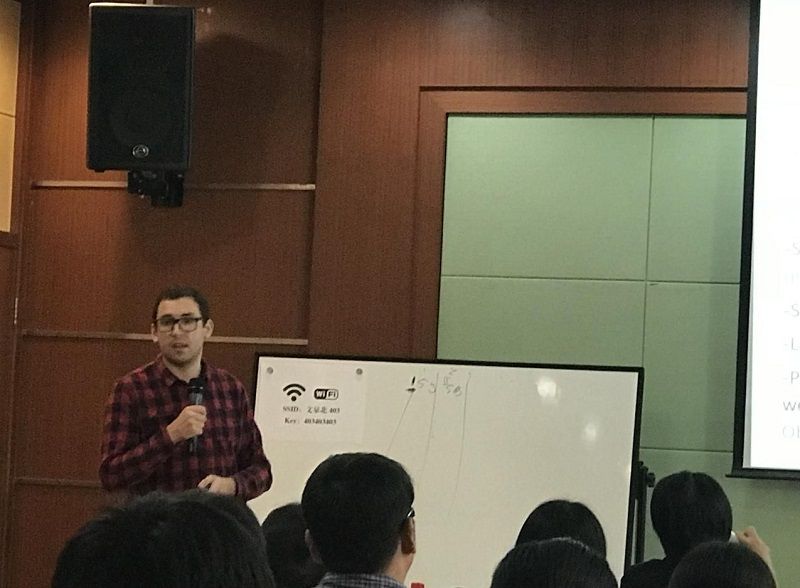
- Team presentation and scientific research sharing
The Summer School was not only a theoretical center but also a practice stage. On the morning of July 29th, the professors divided the students into 10 teams to conduct cooperations of field experiment modeling. All teams finished their presentation and defense that afternoon. In the end, the judges selected four teams with the best topics and invited them to deliver team speech reports on the morning of July 30 to share scientific research results.
Guo Shiqi’s team, which was from the Institute of Advanced International Relations and Development in Geneva, Switzerland, gave a speech on "The Prisoners Redemption: A Lab-in-the-field Experience to Improve". It combined the trust game model with the experiment in prison management in China and was novel with unique insights.

Deng Jingru's team from the School of Finance and Taxation of Zhongnan University of Economics and Law took the title "How does income inequality affect people's inequality tolerance?". The application of field experiments in the income distribution and the rich-poor gap had won unanimous praise from teachers and students present.
Wang Yifan's team from the School of Economics and Management of Wuhan University gave a speech on "Can we use MOOCs as a tool for changing the social skills, such as cooperation, of rural students?" They used field experiments to explore the relationship between MOOC (Massive Open Online Course) and the improvement of students' social skills, which had strong practical significance.
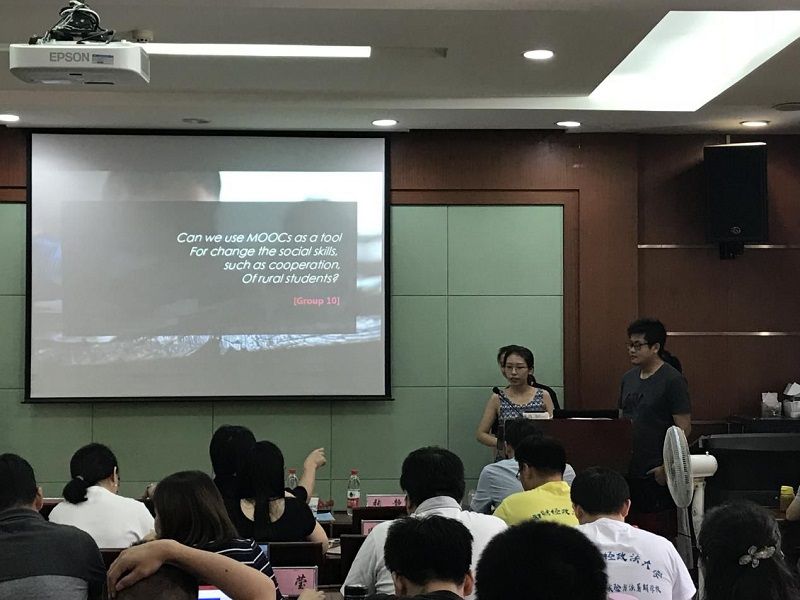
The topic presented by Li Jiawen's team from Renmin University of China Business School was "Online to Office: whether to join the campaign". With the help of the idea of trust game and field experiment, the problems encountered in online-work (such as take-out industry) were discussed, and methodological support was provided for this purpose. Their presentation was detailed with clear logic.
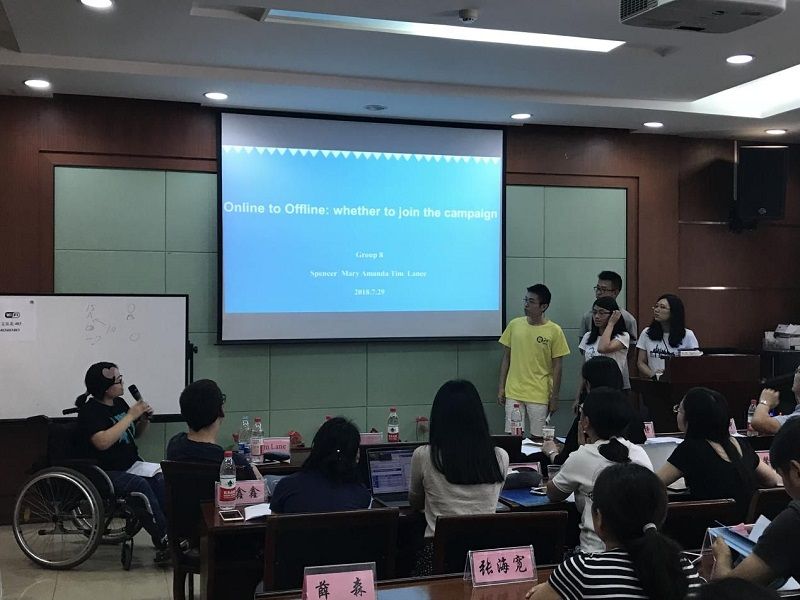
After the presentation, the judges and teachers fully affirmed everyone's academic enthusiasm and ability, issuing award-winning certificates and completion certificates to the students; The leaders of the school expressed appreciation for the support and congratulation on the students’ achievements. In laughter and high morale, this First Summer School of Field Experiment Methods was successfully concluded.
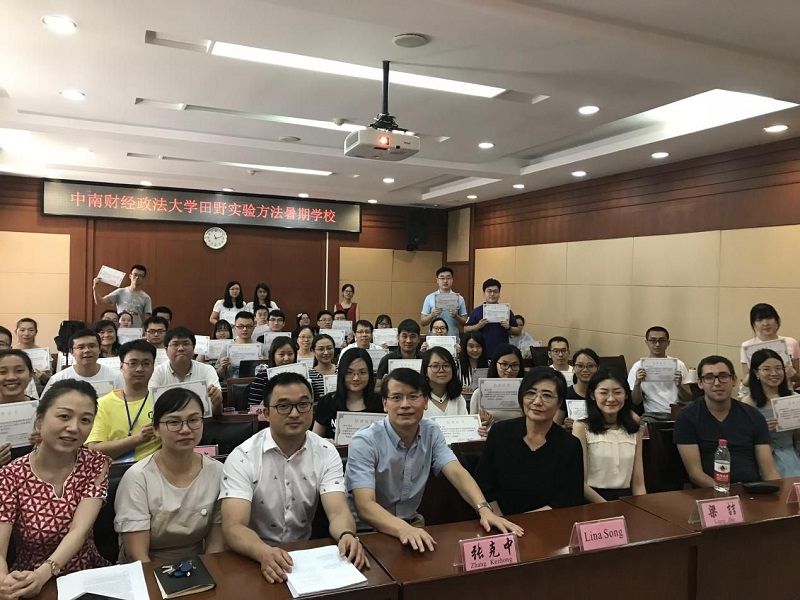
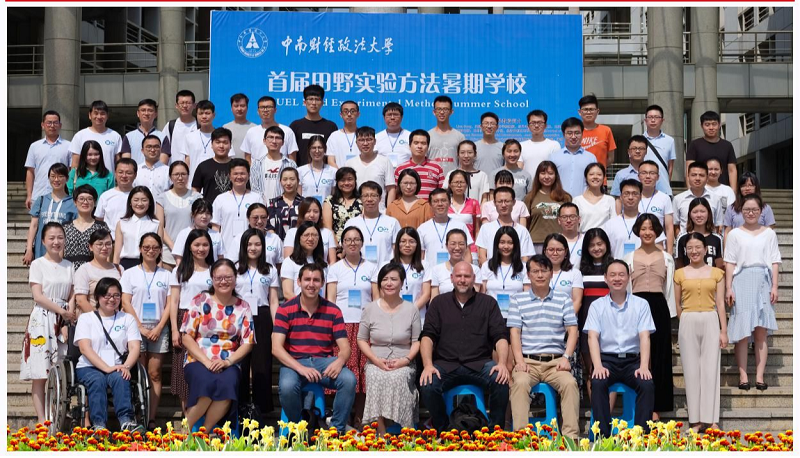
Field experimental research is rising in China, which has a vast and characteristic cultural background. As the largest developing country in the world, China can provide a rich experimental environment. Through this cutting-edge method, the School of Finance and Taxation will go deep into the micro-level of individuals, families and communities, and raise the policy recommendations to the macro-level to meet the government’s operability, aiming to contribute to the critical battles in China's reform. As Professor Song Lina, Director of Field Experimental Research Center, said, the contribution of economics to society should not only be made through in-room researches but also the historical record of social development. The opening of the First Summer School of Field Experimental Methods in the School of Finance and Taxation of Zhongnan University of Economics and Law was the beginning of a long-cherished wish. Taking this opportunity, our college will be able to go further and more steadily on the road of international cooperation, and the cultivation of top-notch innovative talents.
